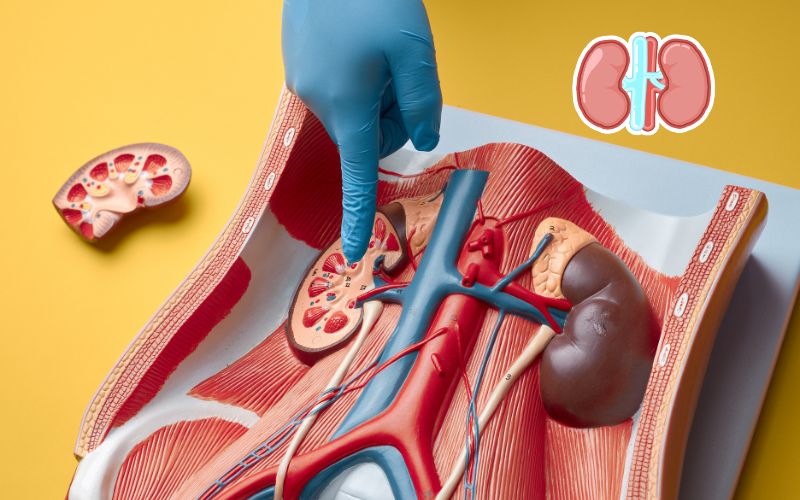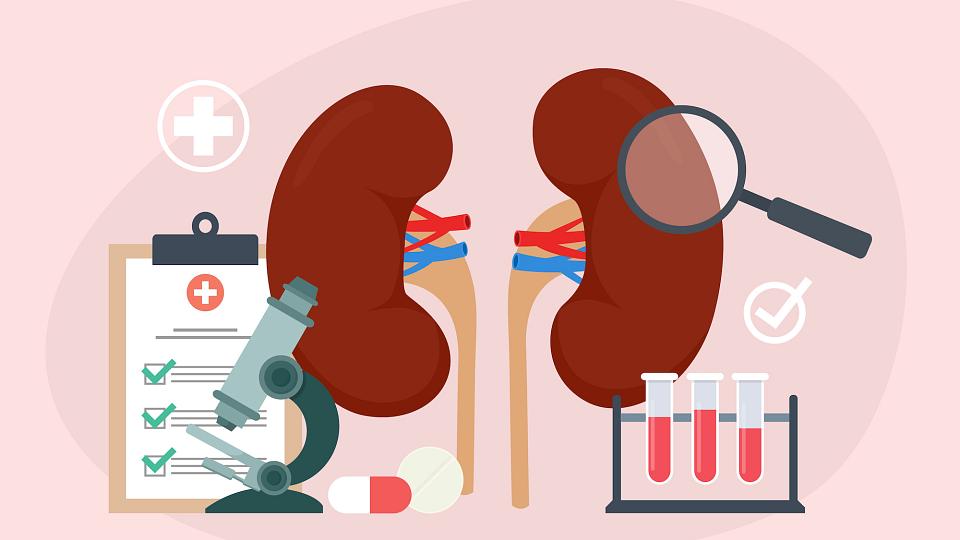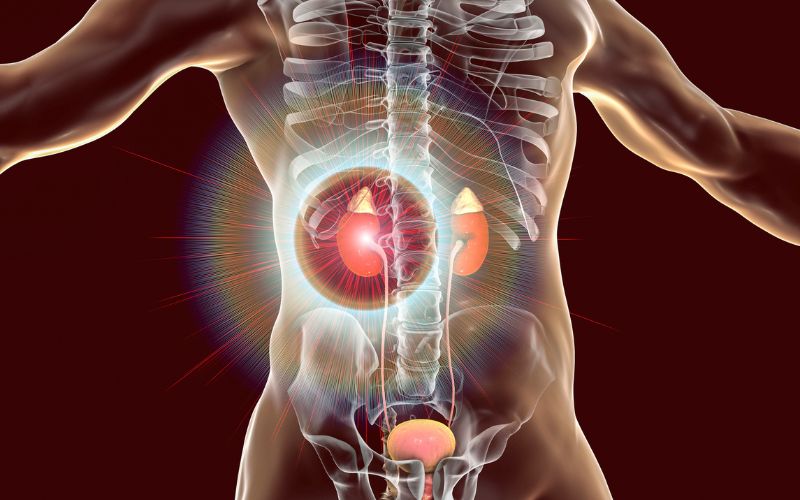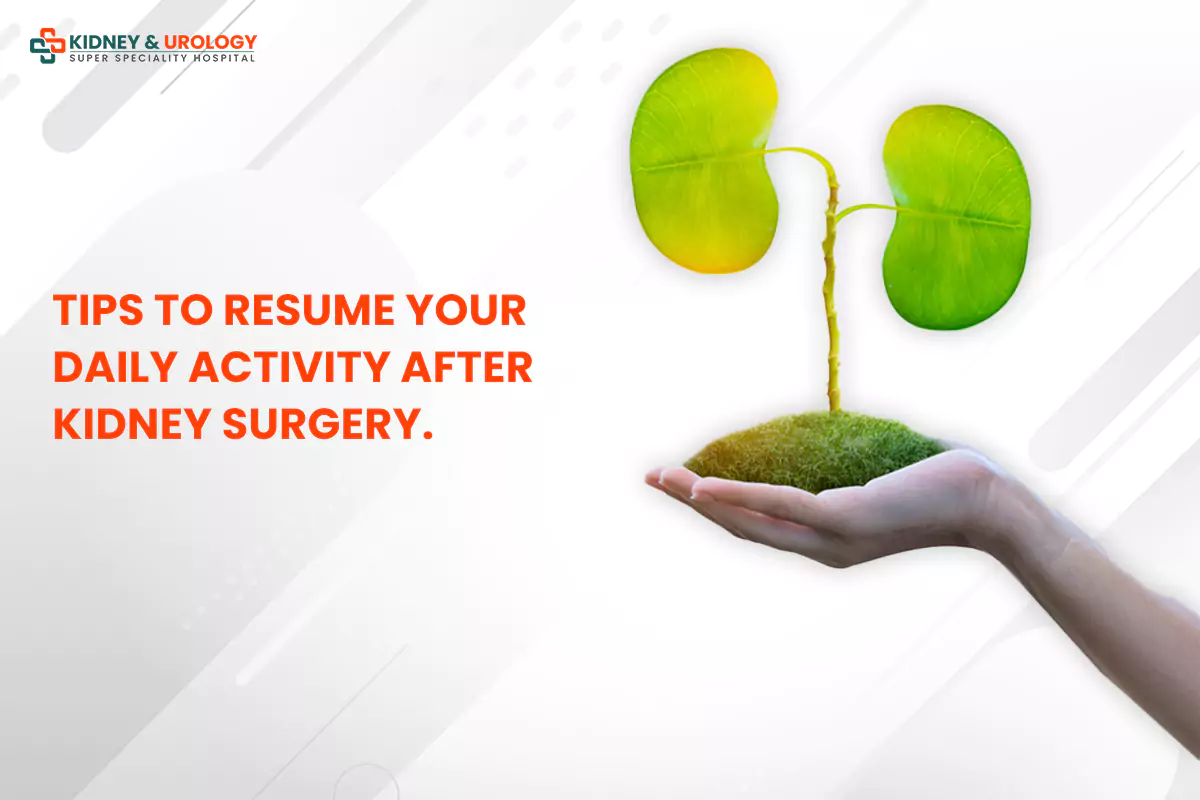Kidney transplant cost and treatment in Haryana
Kidneys act like filters. They clear toxins from your blood, balance salts, and manage fluid levels. When kidneys fail, the body fills up with waste. You feel weak, swollen, and tired all the time. At that stage, two options remain—dialysis or a kidney transplant.
Dialysis helps for a while, but it’s not permanent. It takes long hours and brings many restrictions. A kidney transplant, on the other hand, gives patients a chance to live normally again. Doctors in Haryana now perform this surgery with very high success rates.
What the Transplant Involves
A kidney transplant means replacing your damaged kidney with a healthy one. The new kidney can come from a living donor or a deceased donor. The kidney transplant procedure is done under general anesthesia.
During the operation, the new kidney is placed in your lower abdomen. Surgeons connect its blood vessels to your existing ones. The old kidneys usually stay where they are unless they cause infection or pain.
Once the new kidney starts working, it filters blood almost immediately. For a few days, doctors watch urine output and blood tests to confirm proper function.
Normal Kidney Transplant Cost in Haryana
The kidney transplant cost in Haryana depends on many things. Every patient’s case is unique. On average, the kidney transplant cost in India falls between ₹5 lakhs and ₹10 lakhs. Haryana hospitals often stay in this range too.
The final cost may rise depending on:
-
Difficulty urinating, weak urine flow, or flow that starts and stops
-
Whether you have a living or deceased donor
-
Hospital category and room type
-
ICU stay length
-
Pre-surgery testing and scans
-
Post-surgery medicines
-
Blood group and cross-match results
-
Kidney function and ultrasound
-
Overall medical fitness
-
Mental readiness and consent
-
NABH or equivalent accreditation
-
Experience of transplant specialists
-
Transparent billing and package clarity
-
Infection control standards
-
Take medicines exactly on time
-
Keep blood pressure and sugar levels controlled
-
Eat balanced food, avoid raw seafood and unclean water
-
Don’t skip follow-ups even if you feel fine
Anti-rejection drugs are a big part of the long-term expense. Still, compared to metros like Delhi or Mumbai, Haryana hospitals often provide similar quality care at lower rates.
Who Can Donate a Kidney
There are clear kidney transplant donor requirements. Donors must be between 18 and 60 years old, in good health and with compatible blood and tissue type
Doctors check:
Both the donor and the receiver undergo intensive counseling. It will help them in realising the medical and emotional aspect of the process.
Most living donors are close relatives. Non-relatives can donate too, but it needs strict legal approval.
Kidney Hospital in Haryana for Kidney Transplant
Picking a reliable kidney hospital in Haryana matters a lot. A good hospital should have an advanced ICU, an in-house nephrology team, and round-the-clock surgeons.
Before you decide, check:
A trusted hospital also provides post-surgery support—diet plans, emotional counseling, and follow-up appointments.
Life After Kidney Transplant in India
People often ask about the maximum life after a kidney transplant. With good care, a transplanted kidney can last 15 to 20 years, sometimes more. Some patients live a normal life for decades.
Recovery needs patience and discipline. You’ll take immunosuppressive medicines daily to prevent rejection. Regular visits to your kidney specialist in Haryana are essential.
A few practical tips help:
Most patients return to work or school within three months. Gradually, life starts feeling normal again.
The Emotional Side of Treatment
It’s not just surgery; it’s a huge emotional journey. Many patients fear the process at first. Anxiety about cost, donor safety and future life is common. Doctors and counselors encourage open talks. When patients know each step, fear reduces.
Support from family members helps more than anything. A positive attitude improves healing. Hospitals in Haryana now have transplant coordinators who guide you from start to finish. They manage testing, paperwork and follow-ups reducing stress
One of the success stories of medicine is a kidney transplant. It provides individuals with freedom from machines and exhaustion. Haryana offers quality doctors, hygienic facilities and affordable prices. It is a big difference when one selects an experienced hospital and listens to medical suggestions.
SS Kidney and Urology Hospital can be a good place to visit in case you are planning to have a kidney transplant in Haryana. Our team of professionals takes care of all the issues such as the donor selection process, surgery and treatment with care and accuracy. Life following transplant with the right guidance and trust, can really be healthy and full again
FAQs
Let’s clear some doubts that patients often have.
1. Is dialysis cheaper and safer?
Dialysis costs less short-term but adds up over time. It doesn’t restore kidney function. A transplant offers better long-term results and freedom from frequent sessions
2. Can a donor live a normal life afterward?
Yes, absolutely. Donors live healthy lives with one kidney. They must maintain regular checkups but can do everything they did before.
3. What are rejection risks?
Rejection can happen, but modern medicines keep it under control.
4. How long does a kidney transplant surgery take?
Usually, it lasts around three to four hours. Recovery in the hospital continues for another week.
5. Is a deceased donor transplant harder to get?
Yes, waiting lists are longer. Deceased donor organs come through the national network and depend on availability.
6. How soon can someone return to normal activities?
Most patients start light activities after a few weeks. Strenuous work should wait for the doctor’s advice.














Request A Callback